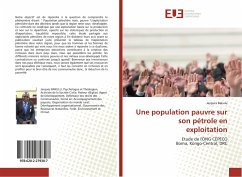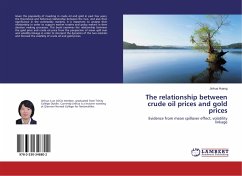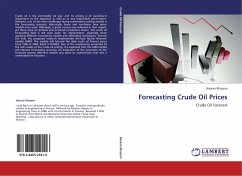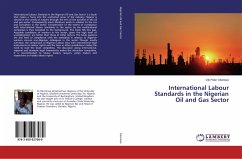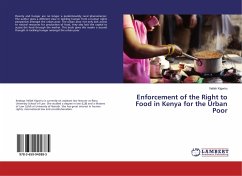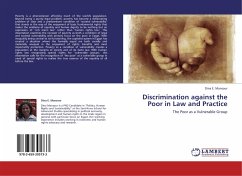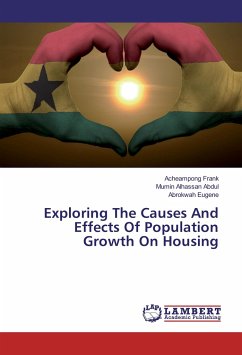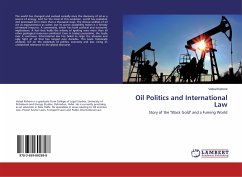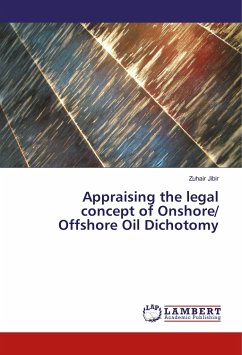
A poor population on its oil in exploitation
Study by the NGO CEPECO Boma, Kongo-Central, DRC
Versandkostenfrei!
Versandfertig in 6-10 Tagen
14,99 €
inkl. MwSt.

PAYBACK Punkte
7 °P sammeln!
Our objective is to answer the question of understanding the phenomenon: "Oil population but poor". The oil exploitation lasts for decades while the region remains underdeveloped. This contrast is not explained by an exploitation based on production and not on distribution, opacity on the statistics of production and export, impossible traceability; this study shared with the oil operators of our region in order to obtain their opinions before its publication would just like to present the picture of the oil exploitation in our region, so that the men and women of good will who will read us he...
Our objective is to answer the question of understanding the phenomenon: "Oil population but poor". The oil exploitation lasts for decades while the region remains underdeveloped. This contrast is not explained by an exploitation based on production and not on distribution, opacity on the statistics of production and export, impossible traceability; this study shared with the oil operators of our region in order to obtain their opinions before its publication would just like to present the picture of the oil exploitation in our region, so that the men and women of good will who will read us help us to answer this dualism; because the extractive companies contribute to the creation of wealth in their countries, but we who possess oil, the various minerals remain poor and our environments underdeveloped. This contradiction will continue until when? We welcome investors in our African countries, but we also know that these resources are exhaustible and therefore, it is necessary to convert them into wealth and to take advantage of them for the well-being of our communities and therefore, the reduction of poverty.



